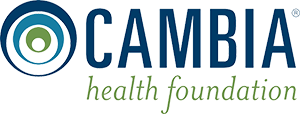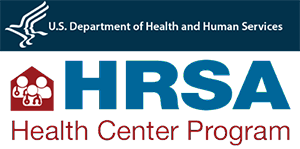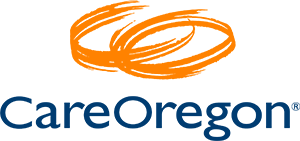Locations
Health Center
Locations
Jobs
Career
Opportunities
Calendar
Upcoming
Events
Welcome to the
Oregon Primary Care Association
The Oregon Primary Care Association (OPCA) is a non-profit membership association for the state’s federally qualified health centers (FQHCs) and look-alikes. We generate data-driven insights into operational challenges, shape evolving health policy, and provide technical assistance to community health centers in Oregon.
Our members deliver integrated primary care, including dental and behavioral health services, to over 500,000 Oregonians. In addition to providing integrated primary care, community health centers work to help patients improve the circumstances of their lives and develop healthy behaviors, through services like job training, literacy education, and connection to resources for affordable housing and healthy food.
Emergency Management Planning
Prepare Today
Health Resources & Services Administration (HRSA) requires community health centers to create and maintain an Emergency Management Plan to address these four critical areas:
- Mitigation
- Preparedness
- Response
- Recovery
To assist community health centers with this requirement, OPCA has developed a template to guide you through the process.

Our Impact
Source: U.S. Health Resources and Services Administration Health Center Program Uniform Data System (UDS) 2023.
Sign up for Our Newsletter
Stay Informed

In the News
- What heat resources are available in Multnomah and Washington County?
- Oregon budget includes $15 million for Lane Stabilization Center
- OHA: Monitoring Federal Changes and any Impacts on Oregon
- State behavioral health program linked to reduced justice-system involvement, increased substance use disorder treatment

OPCA Blog
- Pediatric Dental Services
- Community Health Workforce Well-Being
- Rapid Start: Immediate Treatment of HIV
- A Team Approach to Mental Health Services
- Supporting Resilient Care Teams
- Expanding Access to PrEP
- Past, Present, Future: OPCA’s Strategy for a Healthier Oregon
- Healthy Students, Stronger Communities: School-Based Health Centers

Member Communications
- Phil Knight’s Largest-Ever $2 Billion Donation to OHSU Advances Global Cancer Research
- Lane County health care providers share Medicaid concerns with lawmakers
- Rogue Community Health awarded 6 recognition badges, most in state this year
- Representative Janelle Bynum visits Neighborhood Health Center
- Newest Cohort of Family Medicine Residents Joins Aviva Health
- Oregon GWEP Offers Age-Friendly CHW and Dementia Skills Trainings
- Mirasol clinic hosts community health fair in Hermiston

























